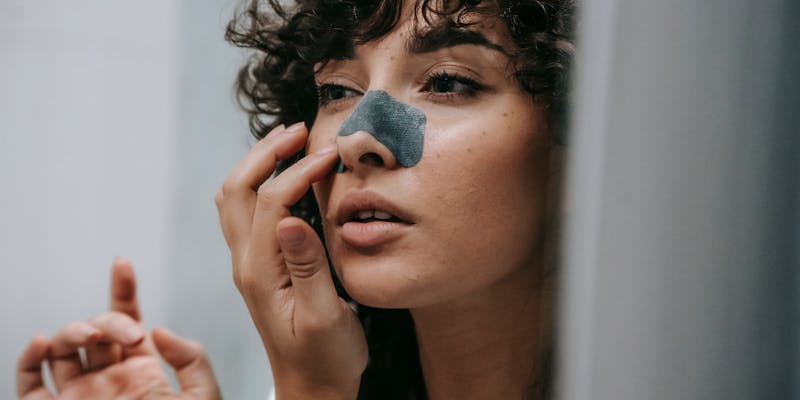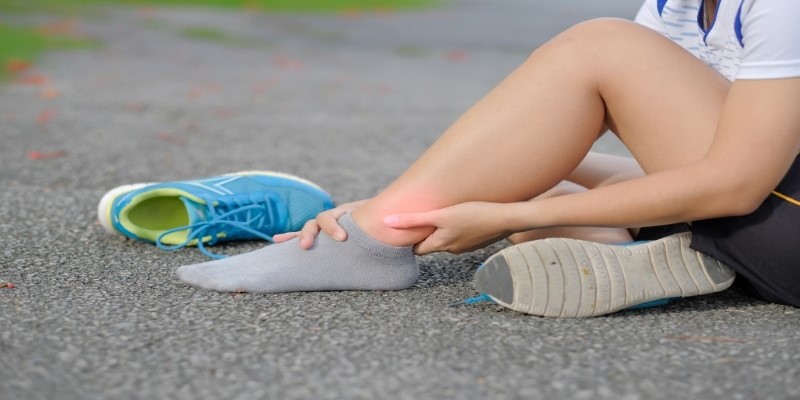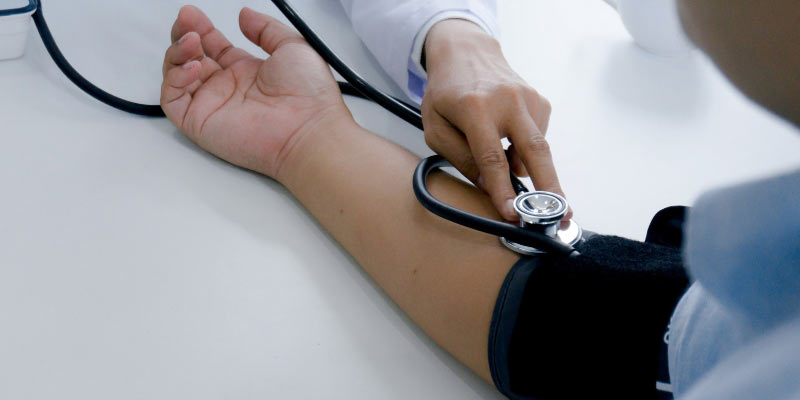Does Coffee Cause Acne? Debunking the Myth
Feb 02, 2024 By Nancy Miller
Coffee is a beloved beverage enjoyed by millions of people around the world. However, there has been some debate about whether or not coffee can cause acne. In this article, we will explore the connection between coffee and acne to determine if your daily cup of joe could be causing breakouts.
Does coffee cause acne scars?
Coffee itself does not cause acne scars. However, certain factors related to coffee consumption can worsen acne and lead to scarring. For example, the high caffeine content in coffee can increase stress levels, disrupt sleep patterns, and trigger hormonal imbalances, all of which can contribute to acne breakouts.
Additionally, adding excessive amounts of sugar or milk to coffee can further exacerbate acne by promoting inflammation and increasing oil production in the skin.

Coffee and Acne: The Controversy
There have been several studies that suggest a potential link between coffee consumption and acne breakouts. While the exact mechanisms behind this connection are not fully understood, researchers have proposed a few theories.

Effect of caffeine on hormone levels
One possible explanation is the effect of caffeine on hormone levels. Coffee contains caffeine, which stimulates the production of certain hormones, such as cortisol and adrenaline.
These hormones can increase sebum production, the oily substance that can clog pores and contribute to acne. Additionally, caffeine has been shown to increase insulin levels in the body, which may also affect acne development.
Effect of coffee on blood sugar levels
Some studies have found that coffee can cause a temporary increase in blood sugar levels, which can lead to an inflammatory response in the body. Inflammation is believed to be a contributing factor in acne formation.
Furthermore, coffee may contain compounds that can trigger an immune response in some individuals. For example, coffee contains natural acids that can irritate the skin and trigger inflammation. This inflammation can exacerbate existing acne or contribute to the development of new breakouts.
It is important to note that while these studies suggest a potential link between coffee consumption and acne breakouts, more research is needed to establish a definitive connection. Additionally, individual responses to coffee may vary; some people may be more sensitive to its effects than others.
If you are concerned about the potential impact of coffee on your skin, consider reducing your consumption or exploring alternative beverages.
Maintaining a healthy skincare routine and addressing other factors contributing to acne, such as diet and stress levels, can also help manage breakouts. It is always recommended to consult with a dermatologist for personalized advice and guidance.
Is there any side effects of applying coffee on face?
As for applying coffee on the face, is a popular ingredient in many skincare products due to its antioxidant properties and potential ability to reduce inflammation. However, some individuals may be sensitive to coffee or have allergies to it, so it is essential to perform a patch test before applying it to your entire face.
Additionally, excessive use of coffee on the face may cause dryness or irritation, so it is best to use it in moderation and as part of a well-rounded skincare routine. If you experience any adverse reactions or skin irritations, it is recommended to discontinue use and consult with a dermatologist.
How to drink coffee without getting acne?
If you want to enjoy coffee without increasing the risk of acne, there are a few steps you can take:
Limit your intake
Moderation is key. Limit yourself to one or two cups instead of consuming multiple cups of coffee throughout the day.
Choose alternative options
If coffee worsens your acne, consider switching to decaffeinated coffee or herbal teas as a substitute.
Avoid sugary additives
Many enjoy adding sugar, creamers, or flavored syrups to their coffee. However, these additives can contribute to inflammation and acne breakouts. Opt for healthier alternatives like almond milk or natural sweeteners.
Stay hydrated
Drinking plenty of water can help flush toxins out of your body and maintain healthy skin. Additionally, staying hydrated can counterbalance the dehydrating effects of caffeine.
Maintain a consistent skincare routine.
Regardless of your coffee consumption, it's essential to have a proper skincare routine in place. Cleanse your face twice daily, use non-comedogenic moisturizers, and avoid touching your face throughout the day.
Everyone's body is different, and what works for one person may not work for another. Pay attention to how your skin reacts to coffee and make adjustments accordingly.
Can I drink coffee if I have acne?
Some studies suggest that there may be a correlation between drinking coffee and an increased risk of acne breakouts, while others argue that there is no direct link. It is important to note that individual reactions to coffee may vary, and what affects one person's skin may not affect another's.
One potential reason why coffee could impact acne is its caffeine content. Caffeine is a stimulant that can increase the production of stress hormones like cortisol, which can stimulate the sebaceous glands and increase oil production. Excess oil on the skin can clog pores and contribute to the development of acne.
Another factor to consider is the additives often found in coffee, such as milk, sugar, or flavored syrups. These additives can trigger or worsen acne in some individuals. Dairy products, in particular, have been associated with acne breakouts in specific individuals due to their hormonal content.
Does coffee affect your skin?
It is important to remember that everyone's skin is different, and what triggers acne for one person may not affect another. If you suspect that coffee impacts your skin, you may want to consider reducing your intake or experimenting with alternative drinks to see if it makes a difference.
Maintaining a consistent skincare routine and practicing good hygiene can also help manage and prevent acne breakouts. If you have concerns about your skin or acne, it is always best to consult a dermatologist for personalized advice and treatment options.
Conclusion
Being aware of your caffeine intake and how it could affect your skin is critical. You may still enjoy your daily cup of coffee without worrying about its effect on your skin if you change your coffee habits and live a healthy lifestyle.

Is it True That Pore Strips Get Rid of Blackheads? Find Out Here!

Avoid Joint Strain by Learning to Jump Rope :

Build Power: Face Pulls Exercise for Strong, Resilient Shoulders

Ankle Resilience: A Comprehensive Rehab Exercise Program for Sprains

Exploring the Potential of Mushrooms in Managing High Blood Pressure

Motivational Shifts in Recovery: Key Strategies for Long-Term Success

Double Crunches: Advantages and How to Perform Them


